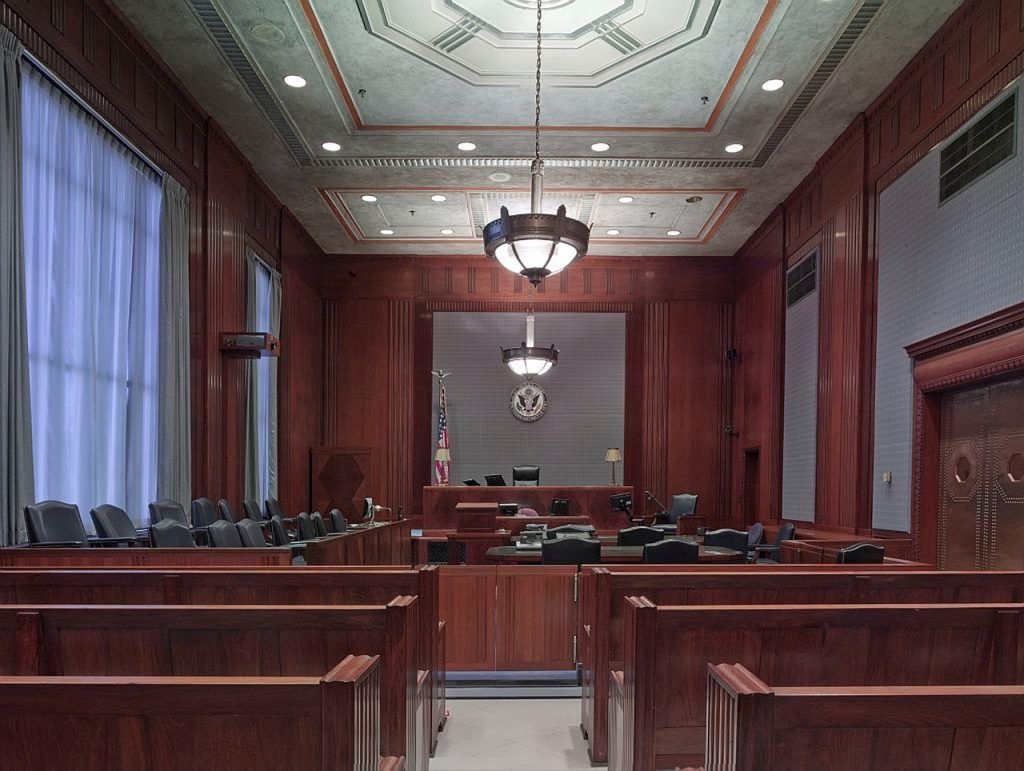Defendants have a right to know their available options.
A criminal defense lawyer must advise the client of the potential sentencing differences between a plea bargain and sentencing following a trial conviction.

Ineffective Assistance of Counsel for Failure to Properly Advise Client of his Options
On June 30, 2014, the 6th Circuit Court of Appeals released (not for publication) the case of Sawaf v U.S. which granted the defendant relief based on his attorney’s failure to advise him of the sentencing differences between taking a plea bargain offer and going to trial. With a plea bargain, the agreement would have limited the sentence to 41 months. This sentence would have been less than the 235-293 month sentencing guidelines following a trial conviction. The defendant went to trial, lost, and the judge sentenced him to serve 240 months in prison. The defendant argued that he would have accepted the plea bargain, and his attorney failed to advise him of the sentencing disparity between the potential sentencing agreement and the Sentencing Guidelines – even though he steadfastly proclaimed his innocence. Top criminal defense lawyers take the time to explain all available options, including the differences between a plea bargain and trial, to their clients to ensure they make an informed, understanding decision on how they wish to proceed.
The Federal Court of Appeals found that continued insistence of innocence does not foreclose the possibility that a person would have entered a guilty plea if he had been aware of the consequences of proceeding to trial. Had Mr. Sawaf known about the different potential sentences, he might have entered a guilty plea despite his proclamation of innocence. Simply put, a person’s claim of innocence does not conclusively establish that there is no reasonable probability that his decision would have been different if the attorney adequately informed him of the options.
Holding that a lawyer must thoroughly explain to their client the possible consequences following a plea and a trial is an essential holding by the 6th Circuit Court of Appeals. If a defendant doesn’t fully understand the differences between a plea bargain and trial, they cannot make a knowing and voluntary decision to resolve their case or fight it before a jury.

Failure to Explain the Differences Between a Plea Bargain and Trial Constitutes Ineffective Assistance of Counsel.
What if your family member was convicted of a felony or misdemeanor and not advised of a lower possible sentence with a plea bargain? What if the attorney made one or more mistakes that adversely impacted the case’s outcome? An attorney is ineffective if they fail to explain to their client the differences between a plea bargain and trial, relative to sentencing. A good criminal appellate lawyer can file motions in the trial court to overturn the conviction or sentence based on counsel’s ineffective assistance. Alternatively, they can appeal and request that the conviction be set aside based on the lawyer’s failure to communicate.
Cobbs Agreement and a Killebrew Agreement
Two types of plea bargains limit a defendant’s exposure to a harsh sentence. A Cobbs Agreement or Cobbs Plea is an agreement with the judge that sets the maximum sentence the judge can impose at sentencing. A Killebrew Agreement is an agreement between the prosecution and defense for a specific sentence. If the judge intends to exceed the agreed sentence, the defendant can withdraw their plea and either renegotiate a new plea or take their case to trial. One of the differences between a plea bargain and a trial is that a judge’s discretion is not limited to an agreed-upon maximum sentence following a jury conviction.

Michigan Criminal Defense Attorney – Fighting to Reverse Criminal Convictions
The attorneys at LEWIS & DICKSTEIN, P.L.L.C. have decades of experience in all areas of criminal defense in state and federal courts. If you, or a family member, were wrongfully convicted and you would like a lawyer to try and have the conviction set aside or reversed, it is crucial that you have the best possible legal assistance. Regardless of your issue, if you call our firm, we will take the time to talk with you, answer your questions, and address your concerns. We have a team of lawyers who collaborate on every case and work together to provide the best possible defense for every client.
Call us today at (248) 263-6800 for a free consultation or complete an online Request for Assistance Form. We will contact you promptly and find a way to help you.















